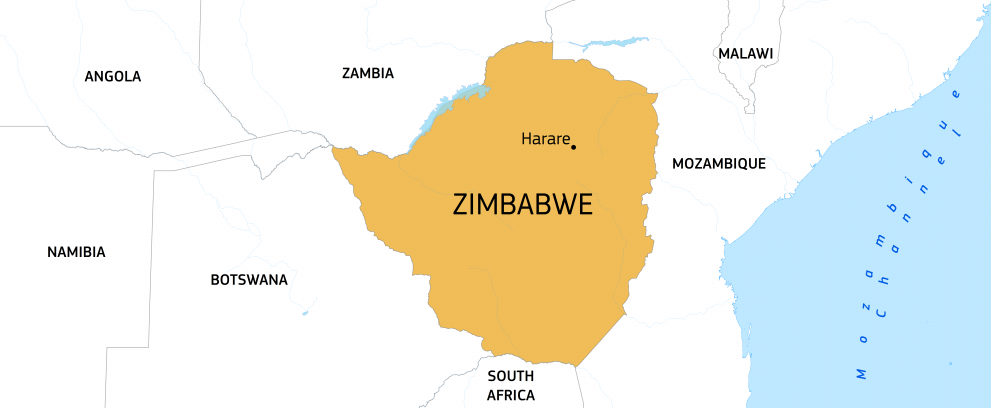Introduction
In Zimbabwe, recurrent climate shocks, including floods and drought worsened by the El Niño, a protracted and deteriorating economic environment, and regular disease outbreaks including typhoid, cholera and measles have left an estimated 7.6 million people, including in urgent need of humanitarian assistance in 2024.
What are the needs?
An estimated population of 6 million are expected to be food insecure in Zimbabwe during 2024-2025 lean season. The El Niño induced drought has affected food access and diversity. Poor rainfall led to a reduced crop yield and further worsened water shortages in Zimbabwe with 2.6 million people in water insecurity.
With poor water and sanitation infrastructure, an escalating cholera outbreak that has seen a total of 28,556 cholera cases and 589 deaths across the 10 provinces of Zimbabwe since February 2023, and over 1.3 million people living with HIV, the health system is overwhelmed. The current El Niño event also threatens nearly 1.8 million students across the country.
High inflation, rising food prices and fluctuating exchange rates have put additional strains on already impoverished households. As a result, vulnerable households are increasingly resorting to desperate coping mechanisms, such as skipping meals, transactional sex, and early/child marriage.
Meanwhile, tightened immigration laws and xenophobic attacks in South Africa may force up to 250,000 Zimbabweans to return to Zimbabwe by the end of 2024, adding pressure on communities already suffering from unemployment and strained social services. Zimbabwe also hosts about 24,000 refugees, majority of whom urgently need food, shelter, education, and protection.

How are we helping?
In 2024, the EU allocated an initial amount of €3.5 million to strengthen the cash response and humanitarian coordination in the country. An additional €6 million were provided to support the response to the El Nino-induced drought, with a focus on food security and nutrition.
In 2023, the EU had allocated a total of €8.5 million in humanitarian assistance to Zimbabwe, including for reducing food insecurity among vulnerable urban populations through multi-purpose cash assistance. The funding also supported disaster preparedness and access to health for vulnerable populations. €1 million was also allocated to support the response to the cholera epidemic.
The EU reinforces local authorities’ capacity to respond to epidemics, support and protect vulnerable migrant returnees, enhance preparedness for displacement, and improve the management of mixed migration flows.
Last updated: 2/10/2024

